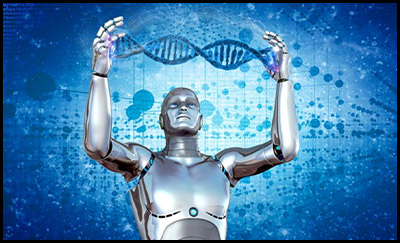December 2013, Columbia University, New York

The Foundation for Gender-Specific Medicine hosted a symposium to discuss the achievements and challenges for Biomedical Science in the 21st Century. We currently stand at an unprecedented point in science and, in effect, in life, as science has made great strides in creating human-animal chimeras, and the fields of robotics and artificial intelligence have rapidly advanced.
Each new discovery generates others at a rate that is producing an explosive record of accomplishment. The marriage of biology and technology is creating a revolutionary expansion of humans’ ability to change the nature of life, as we know it. FGSM Director and Founder Dr. Marianne Legato has assembled scientist as well as theologians, ethicists, lawyers, and economist to this informative program, which will serve also as a Continuing Medical Education (CME) symposium for physicians, to discuss how the new sciences in genomics, synthetic biology, chimera, stem cells, and artificial intelligence will significantly change the world. The symposium was held at Columbia University, New York, NY.
Each day, scientists expand our ability to decode and manipulate not only gender, but also the genome itself. Researchers can manufacture new species using BioBricks, or chemicals off the shelf. Scientists are also making great strides in creating human-animal chimeras, and the fields of robotics and artificial intelligence have rapidly advanced as well. Each new discovery generates others at a rate that is producing an explosive record of accomplishment. The marriage of biology and technology is creating a revolutionary expansion of humans’ ability to change the nature of life as we know it. The following professionals discussed the ramification of these advancements for their respective field.
